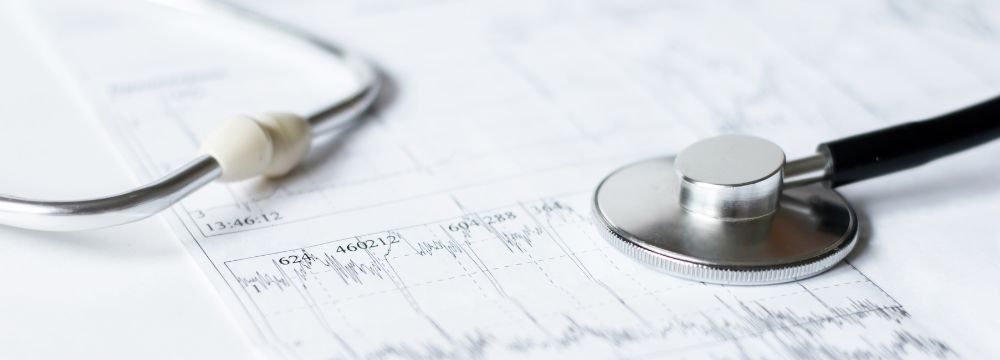Silent Afib, but Still Concerning
June 29, 2022

Atrial fibrillation or Afib represents an irregular and fast heartbeat that can be mild or even debilitating, depending on the case. However, there is no way to predict how severe or how frequent episodes of Afib will be. We know that there’s also the possibility of an asymptomatic episode known as silent Afib. This is where the patient is in Afib but may have no idea because there are no outward symptoms. These episodes are usually found incidentally during an EKG at a routine follow-up appointment with a primary care physician or at the hospital when the patient is admitted for another condition.
Silent Afib Is No Less Problematic
Just because there are no outward signs of Afib does not mean there are no consequences. First, patients with silent Afib are still at five times higher risk of stroke, significantly higher risk of heart attack, and more likely to suffer from long-term heart failure than those without an arrhythmia. Further, the patient may suffer from subtle symptoms, including tiredness and general malaise, impeding their lifestyle without apparent cause.
How We Treat Silent Afib
Whether silent or symptomatic, Afib is addressed similarly because it represents the same risk to the patient’s heart health. As such, we often have a choice of starting a medication regimen that includes antiarrhythmics and anticoagulants. However, 50% of patients do not respond well to the medication, or the drug does not offer them sufficient relief. Other patients may not wish to take medication at all.
Fortunately, we have a technologically advanced solution known as cardiac catheter ablation. This procedure, administered by an electrophysiologist in an EP lab at the hospital, uses targeted heat (RF Ablation) or cold therapy (Cryoablation) to destroy heart tissue causing the irregular heart rhythm. Advanced technology within the EP lab can accurately track the ablation results in real-time, making for an even more successful outcome.
When carefully selected, cardiac catheter ablation has an excellent success rate and provides patients significant relief. Further, these procedures do not require open surgery nor preclude future therapies for other heart concerns.


